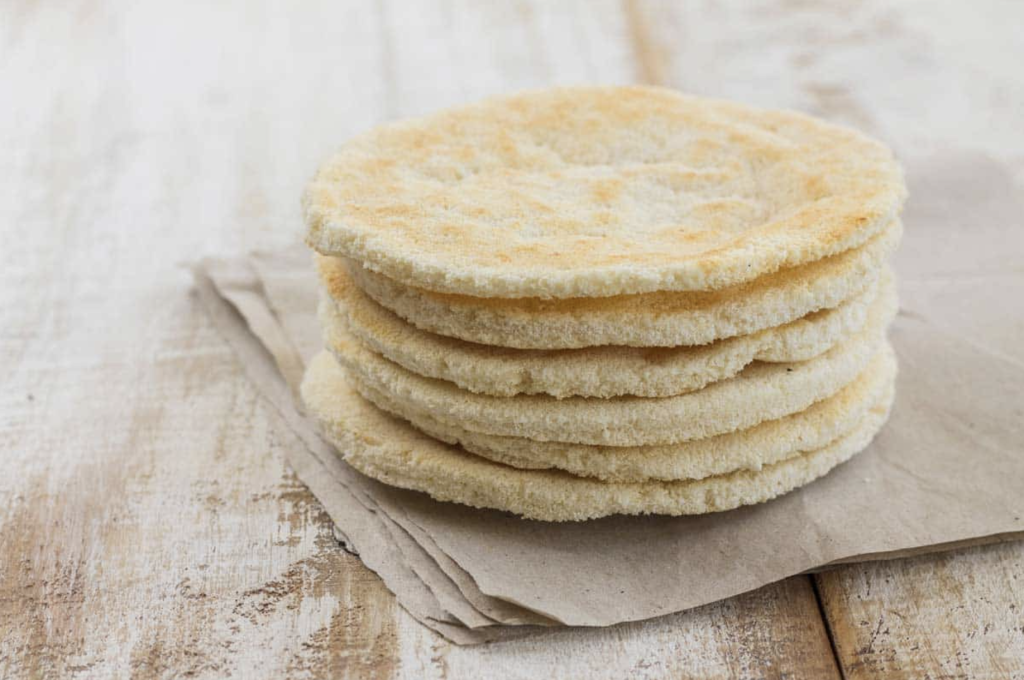
The 19th session of the Intergovernmental Committee for the Safeguarding of the Intangible Cultural Heritage taking place in Asunción, Republic of Paraguay from Monday 2 to Saturday 7 December 2024 has recognized cassava bread as Intangible Cultural Heritage.
Notably, the Dominican Republic was elected to the Intergovernmental Committee for the Safeguarding of the Intangible Cultural Heritage Committee for the first time, serving a four-year term.
The request for the Intangible Cultural Heritage was concurrently presented by the Dominican Republic, Cuba, Haiti, Honduras, and Venezuela.
Cassava bread made by the Taino Indians facilitated the conquest of Mexico by the Spaniards. Contrary to usual bread made from flour, cassava bread traveled well and was loaded onto the ships that sailed from Hispaniola with the Spanish conquistadors. The cassava bread later was sent to Africa where it would become a staple, too.
Cassava bread is made from the yucca root. It is sold in supermarkets and from specialty stores, seasoned with olive oil, macadamia nuts, and in many more ways.
Cassava bread is a round bread made from the cassava tuber. In Cuba, the Dominican Republic, Haiti, Honduras and Venezuela, cassava bread varies in flavor (savory or sweet), texture (soft or hard), size and thickness. In most countries, it is a key part of daily diets and provides a connection with the communities.
Unesco’s listing reads: “Traditional knowledge and practices for the making and consumption of cassava bread in Cuba, Dominican Republic, Haiti, Honduras and Venezuela.
“Cassava bread is a round bread made from the cassava tuber. In Cuba, the Dominican Republic, Haiti, Honduras and the Bolivarian Republic of Venezuela, cassava bread varies in flavour (savoury or sweet), texture (soft or hard), size and thickness. In most countries, it is a key part of daily diets and provides a connection with the communities’ Indigenous and African heritage. It also promotes unity, as each community values its own cassava bread making while recognizing the practices of others.”
The decision also underscores cassava bread’s role in preserving peace and dialogue among communities, as well as its importance as a cultural identity marker in the region.
Culture Milagros Germán leads the delegation in Asunción participating in the 19th session.
On her X (formerly Twitter) account, the Ministry of Culture stated that the recognition honors and preserves the traditional craftsmanship of the Taíno people. “We celebrate the achievement made during the 19th Session of the Intergovernmental Committee for the Safeguarding of Intangible Cultural Heritage in Paraguay,” stated the Minister.
The cassava bread’s inclusion in Unesco’s Representative List of the Intangible Cultural Heritage joins other Dominican traditions such as Cocolo Danzante theater, the Congos de Villa Mella Brotherhood, merengue, and bachata.
Read more:
Ministry of Culture
Listin Diario
Unesco
Unesco
5 December 2024

